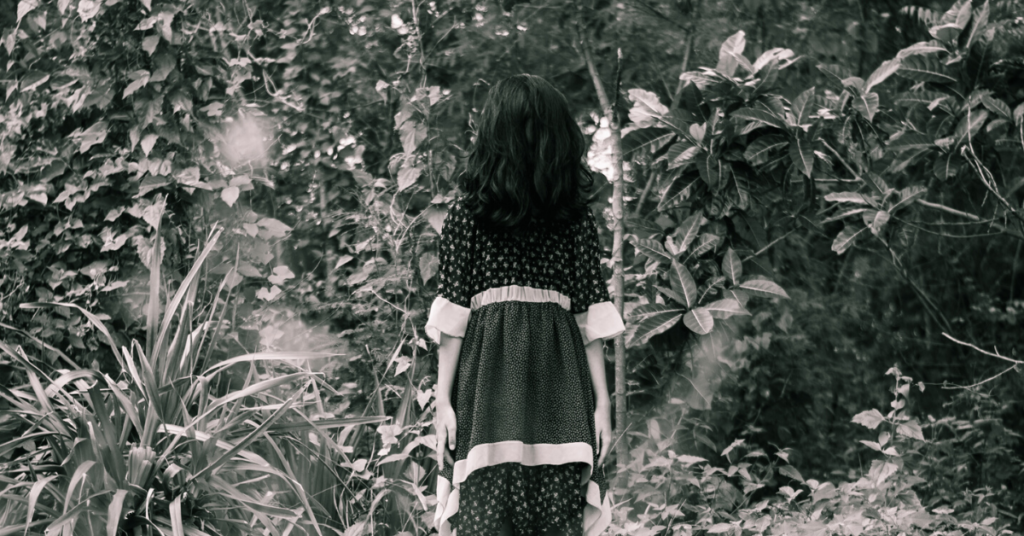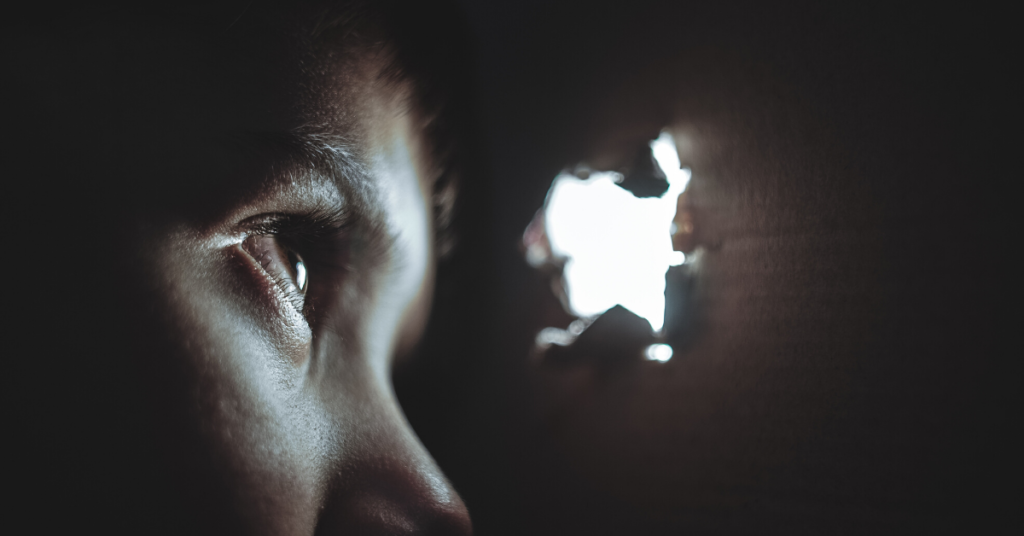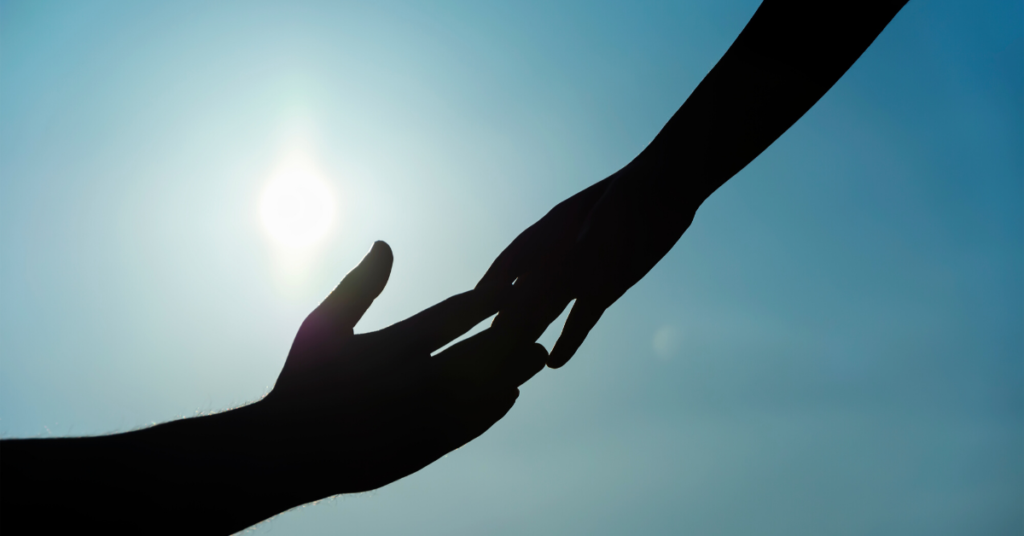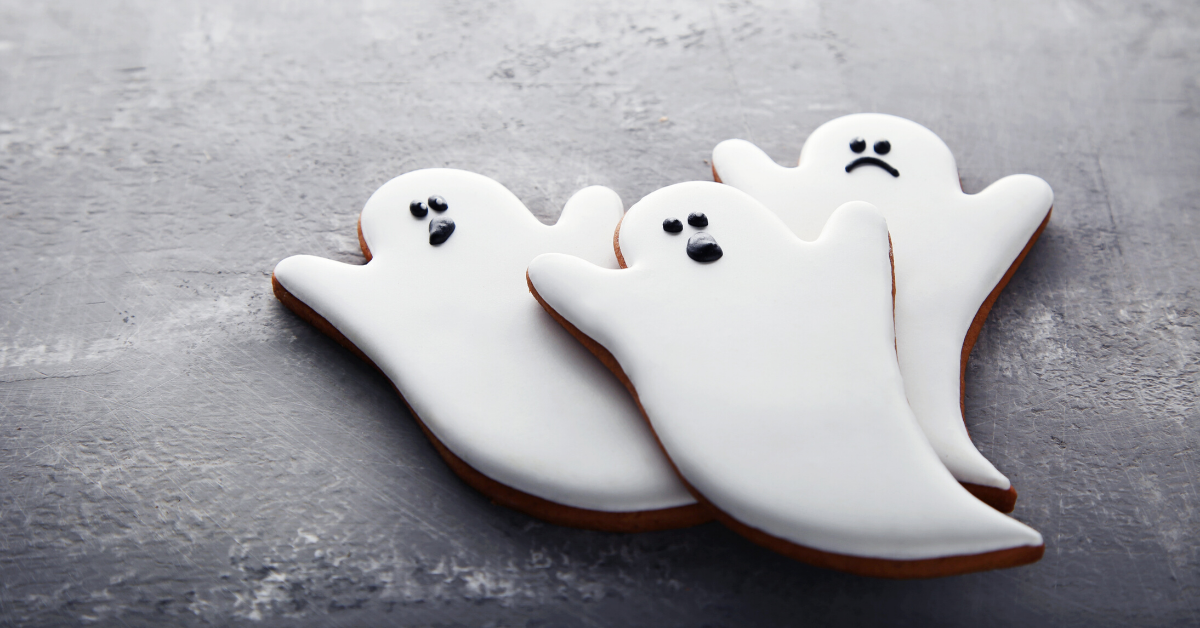This past October (2019), I had the privilege to help lead groups on their first paranormal investigations. I loved watching them experience activity, attempting their first EVP session, listening to their stories, and sharing my own paranormal experiences. I enjoyed making that personal connection with other paranormal enthusiasts. In my opinion, many of us are led to the field in search of proof and validation due to a situation we can’t explain. We get those things by sharing our personal stories, often over social media. I believe people join groups hoping to meet like-minded people and find that connection and validation they’re looking for. I like to naively hope that their vulnerability is met with kindness and understanding, but I’ve unfortunately witnessed the opposite.
Building Up Walls

I am a lifelong believer in ghosts. My earliest memory is feeling…something. As a child, in my mind, it was a feeling of fear, a sense of being followed down the hall in my house. A sense of unease in my aunt’s home, a converted apartment in an old Victorian mansion on Heritage Hill in Grand Rapids, MI. A knowing that something was there, just out of sight. As I grew, I began seeing shadow figures, light anomalies and hearing disembodied voices just to name a few.
When I was younger, I was often told I was too sensitive. Those closest to me teased me for being scared of my own shadow.
This was long before the internet, Google, or ghost hunting reality shows. My resources to the paranormal world were the movies Poltergeist and Ghostbusters. Library searches only led me to fiction. Ghost stories were only for entertainment.
So, I began believing the lies they told me; I had an overactive imagination, and I was a cry baby.
Seeds of Doubt

I began to doubt what I saw and tried to control my thoughts and emotions. So I stopped talking about the things I saw, the dreams I had, and the things I felt. I stopped trusting my intuition and began second-guessing everything.
I was a mother of three when reality TV introduced me to investigating the paranormal.
“What a groundbreaking concept!” I thought. People are actually TRYING to have experiences?
Enthralled, I watched every week. I saw the evidence, and I learned about the investigation process. Somewhere in the back of my mind, a small light of validation began to shine. The shows I began watching for a cheap thrill became, to me, more like an educational documentary. I learned words and terms like residual haunting, EVP, and shadow figures. I learned to debunk, and, most importantly, I learned not to be as scared of the experiences I was having. Through those shoes, I lived vicariously. I imagined being a part of a group that created a safe space to share and explore that world.
Real-Life is Better than Reality TV

Two years ago, my husband gifted me the chance of a lifetime. He’d purchased a ticket to a group investigation with one of my personal heroes in the paranormal field. I was going on a real-life investigation!
I’m not being dramatic when I say that night changed my life.
I’m not sure what I thought would happen when investigating a battleship that had been hit by a torpedo that killed several sailors. Maybe hear some footsteps, see a shadow? I walked onto that ship with an open heart, welcoming ghostly interactions and inviting myself to fully live this experience. I thought I was prepared for anything.
At the site of the torpedo hit, as I sat violently shaking, barely able to think, physically overcome by the energy of the room, I received a crash course in grounding. At the time, all I wanted was to huddle in a corner and suffer in silence. I didn’t want to take away from the experience of the other participants. Ever the educator, the investigation leader sat with me and helped me focus; he explained what was happening to me and why. He believed in me and the reaction I was having. The compassion he exhibited at that moment had as much, if not more of a profound effect on me as what he said next.
Like the scene between Harry and Hagrid in The Sorcerer’s Stone, he told me I was an empath. I appreciate how lucky I was to have had that happen in a group led by someone so experienced. I can only imagine what would have happened if I’d been blown off, teased, or completely ignored. It took me days to come to terms with what happened and share it with my husband.
Personal Growth

Two years later, I’m still exploring my personal truth. I grapple with the desire to embrace my ability and the truth it proves about me while also doubting its existence.
Paranormal beliefs and experiences are subjective; the way we interpret our surroundings and what is happening at any given time depends on how we’re feeling, what we’re raised to believe, and who believed us. These factors affect how we respond to a situation, how we retell our stories, and those same factors even determine how we listen to others.
I’ve seen an unfortunate amount of negativity and sarcastic comments in response to people sharing their experiences via social media. In this age of technology, the paranormal field is no longer limited to interactions between an investigator and her clients. Professionals, skeptics, and hobbyists mingle with the less experienced, and it seems like everyone’s a critic. I’ve seen many scoff at someone’s personal experiences. Pictures and videos are rudely refuted with no real conversation or education.
Based on my past, I know how important it is to feel understood and supported whether or not you’re experiencing a paranormal situation. I encourage everyone to live by the motto: “Be who you needed when you were younger.” It doesn’t always pertain to age but experience as well.
Understanding Our Differences

We all started as beginners. No one is an expert in a field that has yet to be proven.
I think it’s crucial, as the interest in the paranormal has a renewed surge and more people begin sharing their stories, to show compassion for the human experience. Sharing a paranormal experience is quite personal and often leaves a person vulnerable, and shared in the context of stigma. In kindness, we can choose to really listen and validate, before launching into debunking. We can bring respect to the other person’s experiences by recognizing that the person may be scared, confused or even excited. I feel that investigators — and anyone interested in the paranormal field — need to do our part to encourage a compassionate and educated response to those brave enough to share their experiences.
As we teach respect for the energies and entities we encounter during an investigation, we should show respect to the ones sharing their stories and beliefs with us.


I’m not a paranormal empath, but I have had a psychic or spirit experience which saved me from imminent physical danger, and I have had several spirit visitations through Spiritualist mediums. I agree: all of this is highly and intensely personal, and it means what it means to the individual undergoing it. None of it is a matter for belittling others, or for attempting to prove or disprove anything.